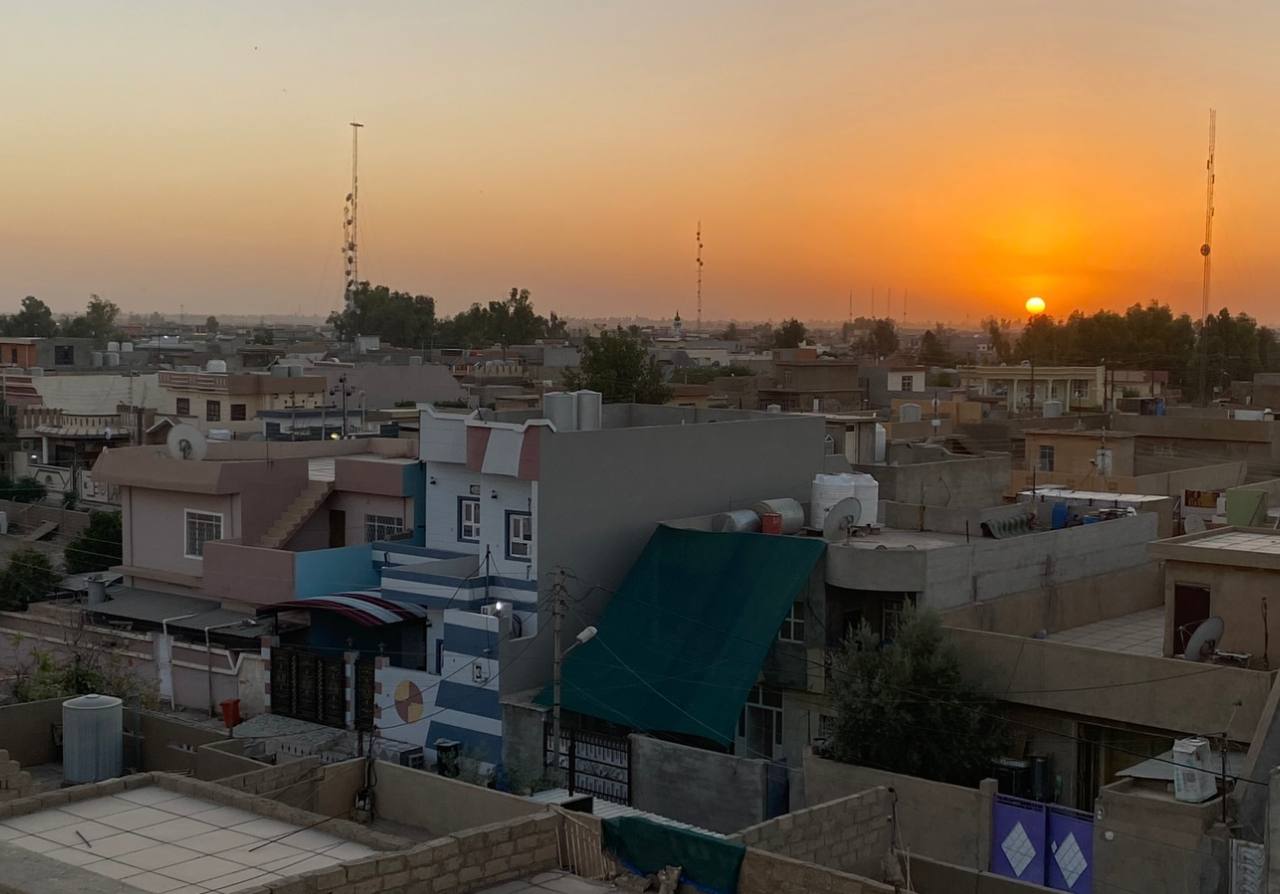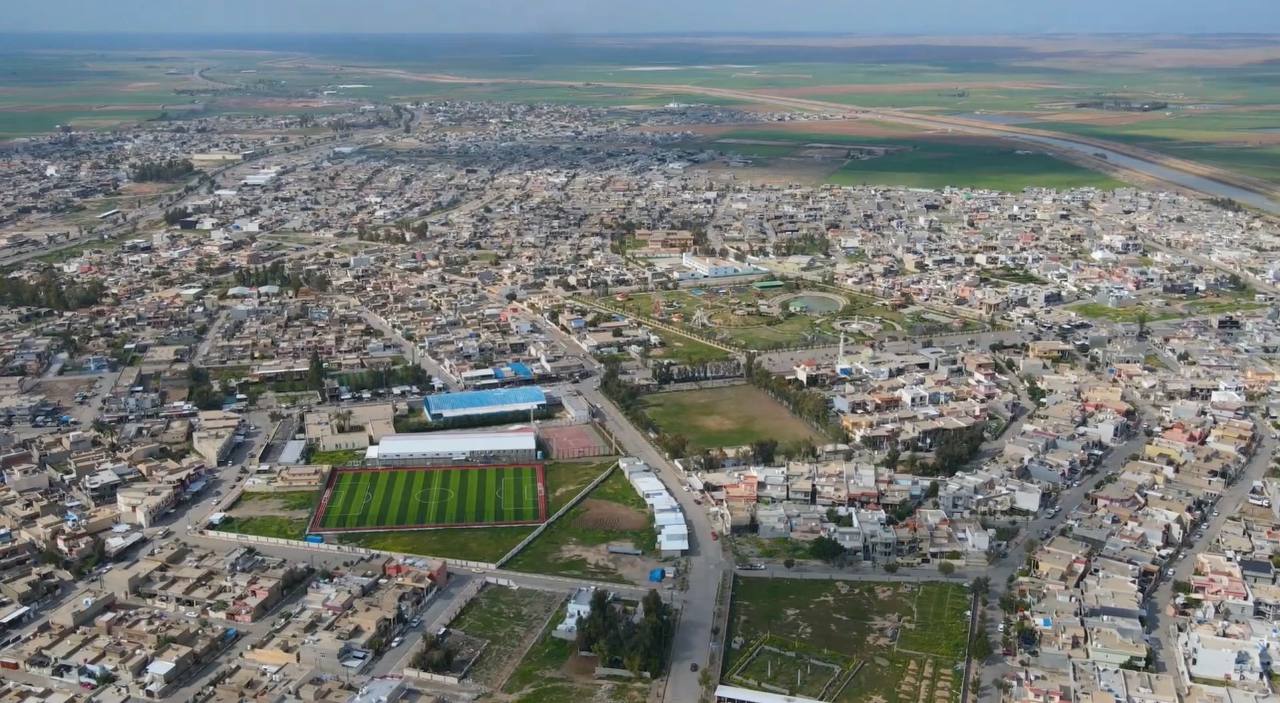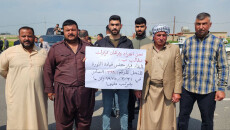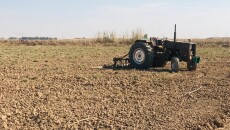It isn't easy to obtain residential land to build a house in the center of the Daquq district, while the prices of residential lands on the district's outskirts have tripled in one year.
According to the KirkukNow correspondent's observations, the prices of residential lands and houses doubled and tripled in all neighborhoods and areas of Daquq, as their prices have skyrocketed in some places from 40 million Iraqi dinars IQD (USD27,000) to more than 100 million dinars.
Muhammad Jamal, a resident of the Imam Jaber neighborhood in central Daquq, told Kirkuk Now, “The price of a 200-meter plot of land in our neighborhood was 10 million dinars, but its price now exceeds 40 million dinars.”
Some of the neighborhoods established after the fall of the Baath regime in 2003 are located on the outskirts of the district and built illegally on public properties and lack basic services. However, the price of a residential plot of land there is close to 60 million dinars due to the recovery in real estate market and the improvement of the financial situation of citizens.
Ghaib Hussein, the owner of a real estate office in Daquq, believes, based on what he observes in the real estate market, that prices in Daquq are higher compared to other Iraqi cities and districts, pointing out the difficulty of obtaining a residential plot of land in the center of the district.
“Near the village of Fariq Awa, which is far from the center of Daquq and lacks service projects, the price of a 200-square-meter plot of land has reached about 40 million dinars, and the price is likely to rise further,” Hussein told KirkukNow.
Daquq is one of the fertile districts of Kirkuk famous for its production of maize, fig and home to over 3,000 fish ponds.
The people of Daquq villages, some of whom are Kakais, are engaged in agriculture and livestock breeding.

According to KirkukNow's follow-ups through real estate brokers, no residential lands left in the district center, so anyone who wants to build a house is forced to buy an old house and demolish it.
“The rise in prices that Daquq is witnessing does not exist in this way, even in Kirkuk. There are no residential lands left to build houses on. You have to buy an old house and demolish it to build a new one, which doubles the burden on the citizens,” according to Sirwan Haider, who lives in the center of Daquq.
He explained to (KirkukNow) that the prices of plots of land and houses in the Fermanbaran neighborhood exceeded 100 million dinars.
The rise in real estate prices, according to KirkukNow's monitoring, coincides with some public service projects in different neighborhoods and areas of Daquq.
Musa Al-Kayani, owner of a real estate office in Daquq, spoke of a recovery in market activity and pointed out that the scarcity of residential lands in the center of Daquq has raised the price of land with an area ranging between 200 and 250 square meters to the range of 120 million dinars.
Daquq district (which includes 16 neighborhoods in the district center) is 44 kilometers south of Kirkuk, home to 97,000 people.
The northern, oil-rich province of Kirkuk is home to about 1.7 million Kurds, Turkmen, and Arabs. Located 238 kilometers north of Baghdad, Kirkuk is an ethnically mixed province and has long been at the center of disputes between Baghdad and the Kurdistan Regional Government KRG.
The disputed territories is a constitutional term used to refer to the political and administrative situation in Kirkuk province and the areas that have been changed in terms of administrative and demographic conditions due to the policies of the Iraqi government from 1968 up to 2003.
Up to the present, only part of the first phase has been implemented, which led to tensions over administrative and security posts, disputes over ownership of lands and farms, and several other issues making it difficult to provide proper public services.







